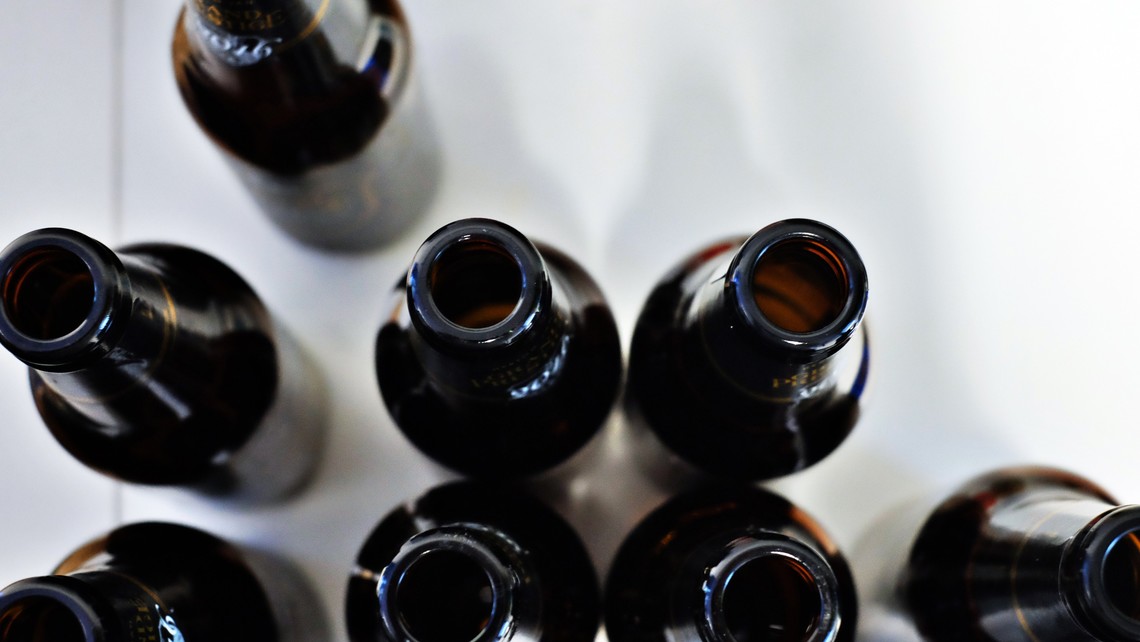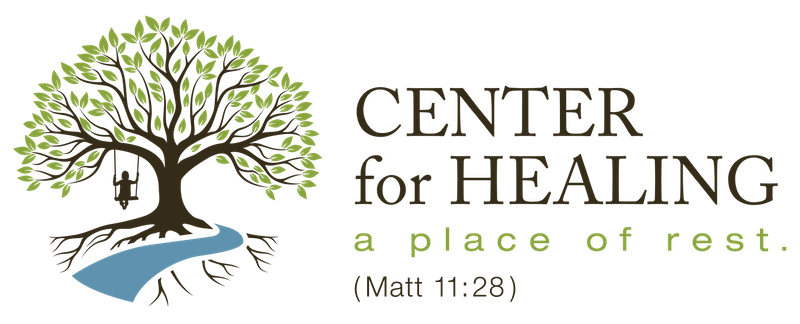
I come from a long line of people who struggled with alcoholism and other addictions. On one side of my family, both grandparents were alcoholics, on the other side one grandparent was an alcoholic, and I have other relatives who have struggled with drug addiction. For one relative, addiction led him to take his own life.
When I was in high school and college, my mom often told me that "alcoholism runs in our family" and that I should be careful when I start drinking. While my mom was right about being careful, she was, like most of us, under that false impression that addictions are fundamentally genetic.
New research is telling us that this simply isn't the case. As Dr. Gabor Mate points out is his book, In the Realm of Hungry Ghosts, pre-natal and post-natal environments can be recreated from generation to generation in such a way that has a negative impact on a child's brain development, without any genetic influence. For example, some studies purport that stress on the mother during pregnancy contributes to behavioral and emotional patterns in the child-patterns that could create a predisposition to addiction.
When a pregnant woman is stressed, this will elevate her levels of cortisol. Chronically high levels of cortisol can be harmful to an unborn child, especially during times of rapid brain development. This can preset a brain to be easily triggered into a stress response. When this happens the individual can go on to have difficulty regulating his/her mood and be drawn to situations, behaviors, and substances that offer short-term relief.
But, even with influences in the womb playing a role in later emotional and behavioral patterns, we also now know that brain development doesn't stop when we're born. The human brain takes 24-26 years before it is fully developed. Pleasant, happy, and attuned emotional interactions with caregivers release a flood of endorphins in the baby's brain. This flood of endorphins allows for healthy attachment and for the brain to continue developing dopamine and opioid receptors. This circuitry is responsible for basic drives like love, connection, incentive, motivation, pleasure, and pain relief. Healthy growth of this circuitry is incumbent upon the quality of the attachment relationship, and when attachment is "good enough," it is a clear protective factor against problems that may stem from lack of such circuitry, like addiction.
A decrease in the number of dopamine and opioid receptors is a key feature in brains of people who have a proclivity towards addiction. A poor attachment relationship will increase the infant or child's stress, which then decreases the number of dopamine and opioid receptors. Thus, we are learning that environment and key developmental landmarks like healthy attachment, have far more impact on our brain development than previously thought.
However, painful as it can be to know just how deeply our early environment and bonding impact us, it can be good news! We no longer need to blame our problems exclusively on our heredity, and although our early years are deeply impactful, we also have the good news that our brains have the capacity to change. Our brains can be rewired through the healing of past traumatic wounds related to attachment and environmental factors. This process is known to the therapeutic community as neuroplasticity and this is where the healing happens. I believe that neuroplasticity is a physical manifestation of God's grace, as He is not willing to let our early losses be our death sentence. He always speaks a word of Hope for his children - it is He who says in Revelation 21:5-
"behold, I make all things new!"
Peace,
Chris Ellman MSW, LCSW



